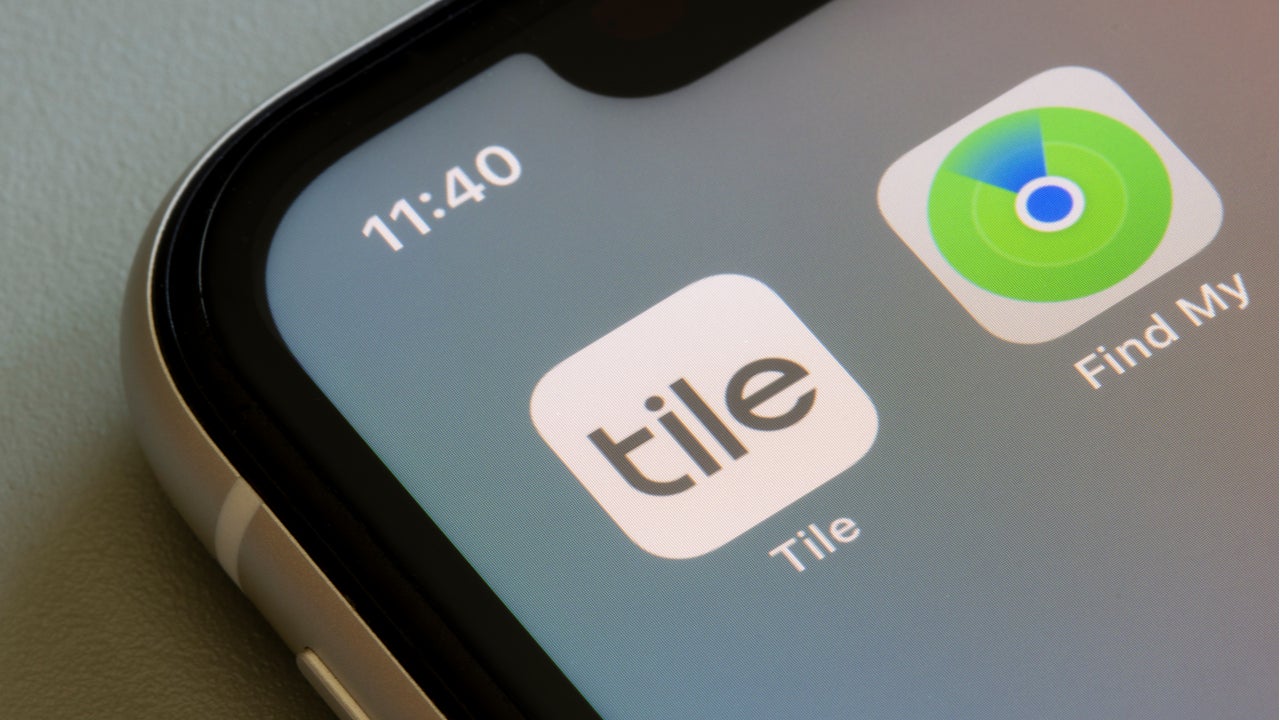
Recent launches and announcements centering on Bluetooth and network tracker devices from leading wireless players has cast the spotlight on the niche product. Bluetooth trackers allow users to monitor the location of a device they are tethered to via a smartphone app.
Tile popularized the concept of tiny beacons that can be attached to any item people want to track from the convenience of their device. Tile offers four prototypes (starting from $29.99) that differ in size and range signal, providing users the option to pick the product that best fits their needs.
The Tile app, which is compatible with both Android and iOS (including smart home) devices, is free for basic features like ring my Tile and community find where users who have the app can pick the location of nearby Tile devices and alert the user if the device is lost. Tile also offers a premium subscription feature that unlocks enhanced features such as tracking location history for $2.99 per month ($29.99 per year).
Apple’s non compatibility is an issue
Apple’s AirTags ($29 for singles, $99 for a pack) works on a similar principle and uses the Find My app for location detection. As far as crowdsourced networks go, Find My app has an edge over rivals’ offerings due to the vast number of Apple devices in the field that can aid in community find. Also, with iPhones that have an Ultra-Wideband chip (iPhone 11 and higher), users see a precise location and distance, which is an improvement over the ring my tracker feature. But while AirTag increases a users’ reliance on Apple’s network, its non-compatibility with other OS platforms also limits its applicability to just Apple users.
Nevertheless, Apple’s entry in this segment has upped the ante of incumbents who now have to compete with the OEM’s vast resources which includes an established user-base that automatically becomes a part of AirTag’s crowd sourced network. The recent partnership between Amazon and Tile allows Tile to utilize Amazon’s new low-bandwidth network, Sidewalk, to enhance the coverage of its devices is proof of AirTag’s impact on the market.
Wireless carriers are joining the tracker market
Wireless carriers are also increasing focus on their tracker products. T-Mobile recently launched SyncUP TRACKER ($60 + $5/month data plan with autopay), the latest addition to its SyncUP line of products. When paired with the SyncUP TRACKER app, SyncUp helps track items by using T-Mobile’s LTE network. This gives users all the benefits of Bluetooth trackers without the hassles of limited range. AT&T and Verizon Wireless also offer trackers that operate on their networks. For carriers, these products offer a compelling use case scenario for their connected devices data plan and increase potential ARPU.
How well do you really know your competitors?
Access the most comprehensive Company Profiles on the market, powered by GlobalData. Save hours of research. Gain competitive edge.

Thank you!
Your download email will arrive shortly
Not ready to buy yet? Download a free sample
We are confident about the unique quality of our Company Profiles. However, we want you to make the most beneficial decision for your business, so we offer a free sample that you can download by submitting the below form
By GlobalDataThe recent tracker variants that have flooded the market are proof that the product is still in its evolutionary stage and is open for customization. Wireless players are constantly looking to add more products and services to their ecosystem to retain users.
The low device and service plan cost for trackers removes entry barriers. With the backing of major wireless players who add additional layers of relevance and create new use cases – these pint-sized movable location detectors are here to stay for the foreseeable future.





Related Company Profiles
Apple Inc